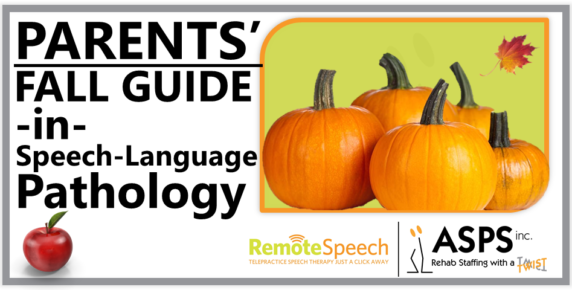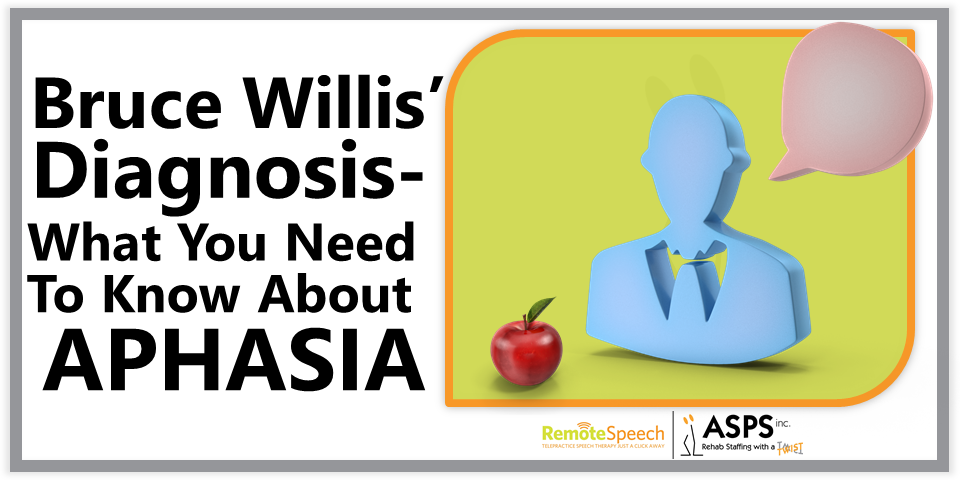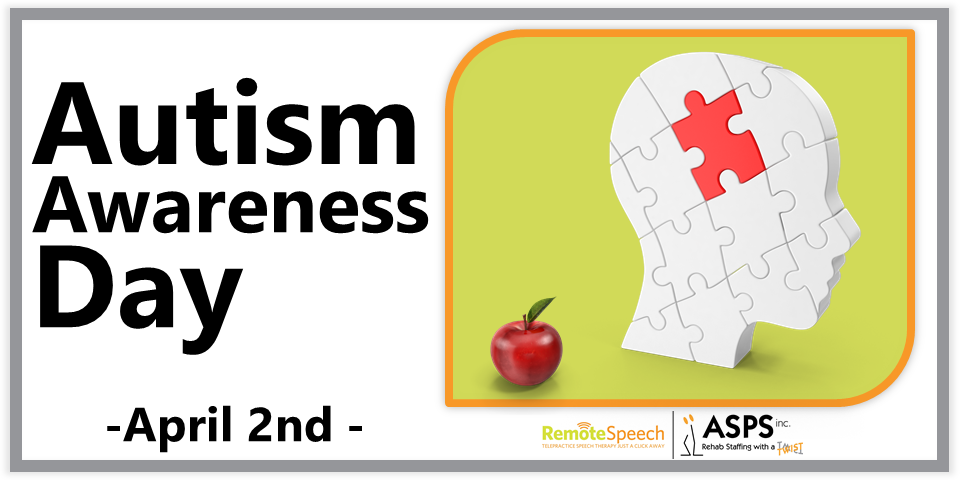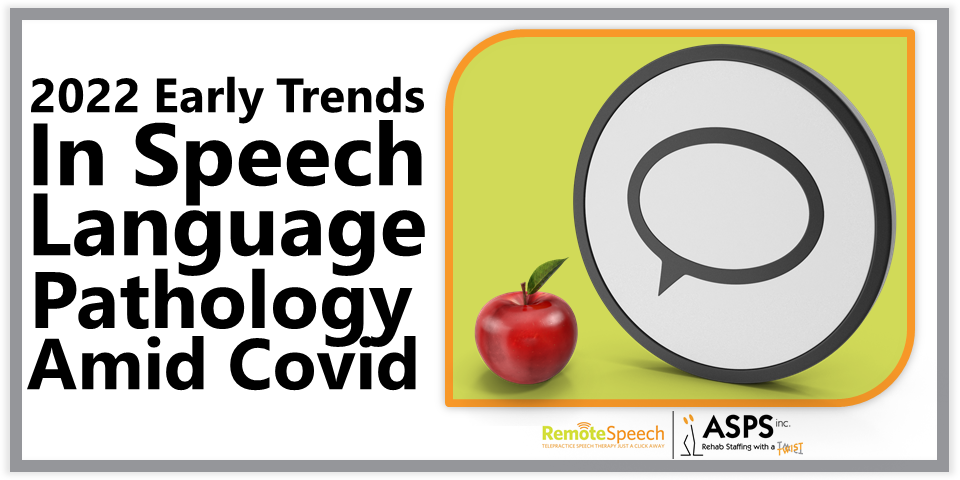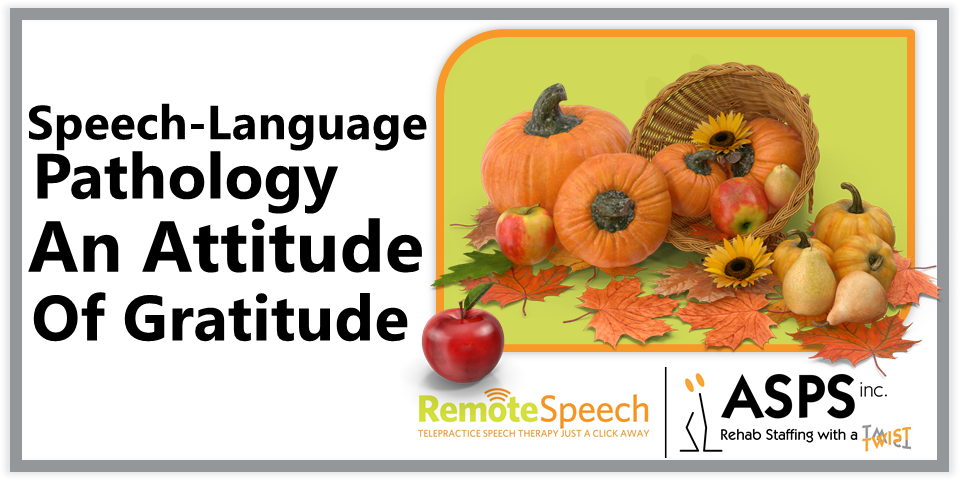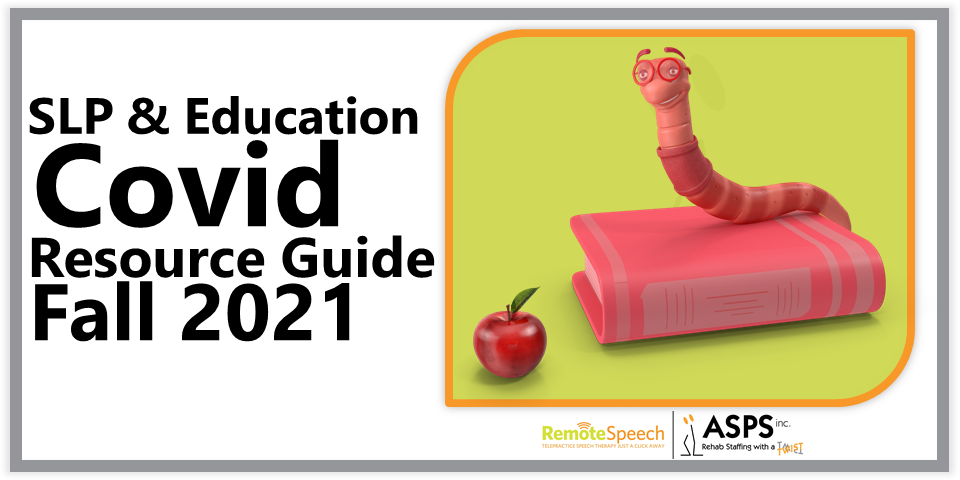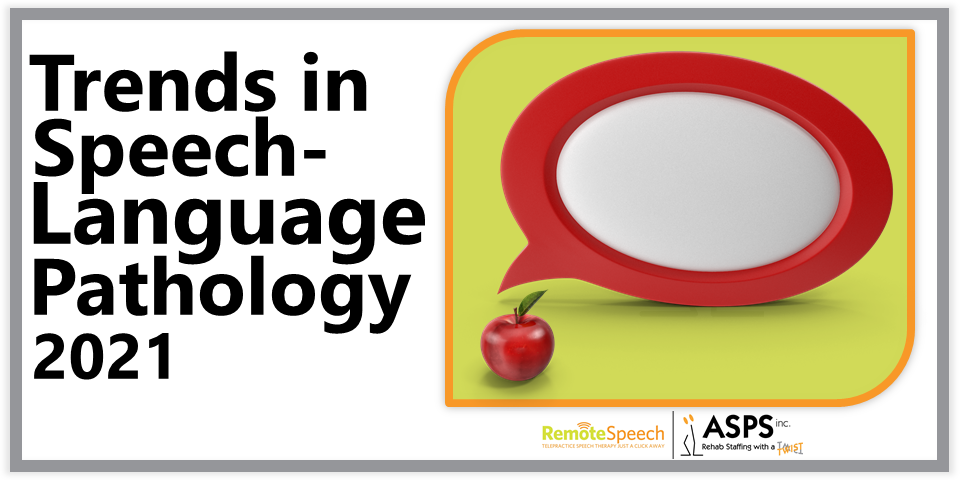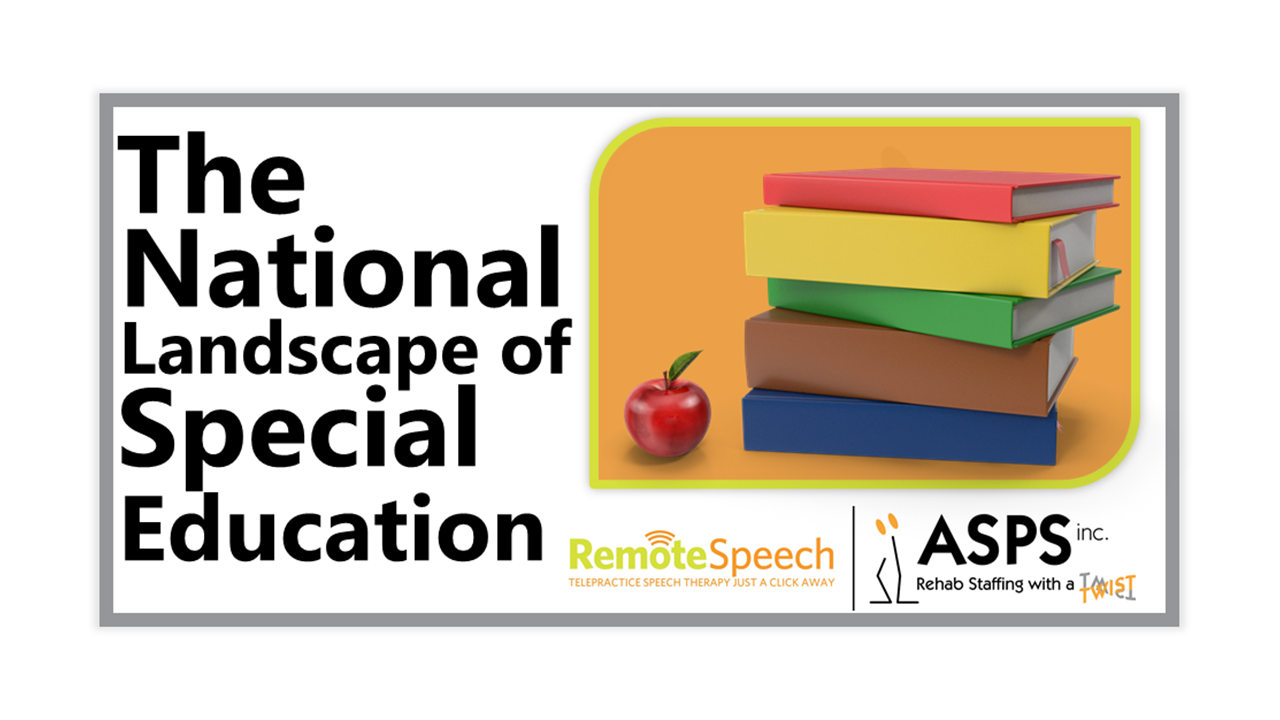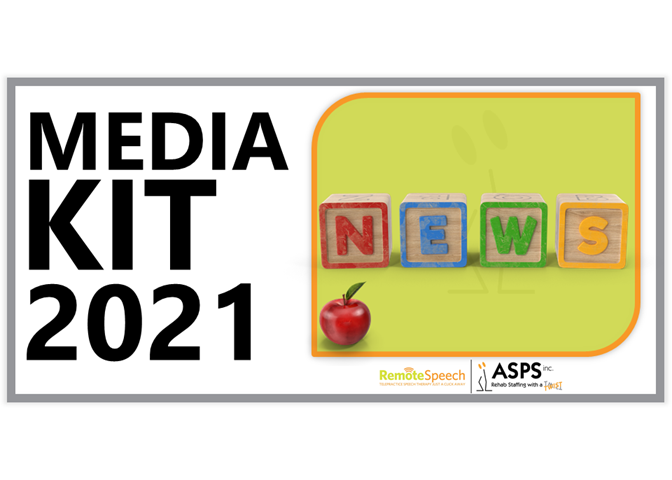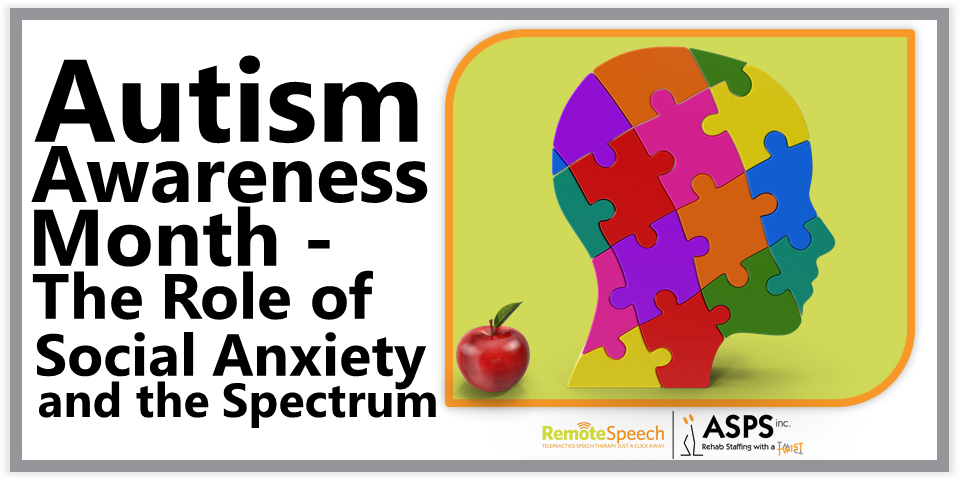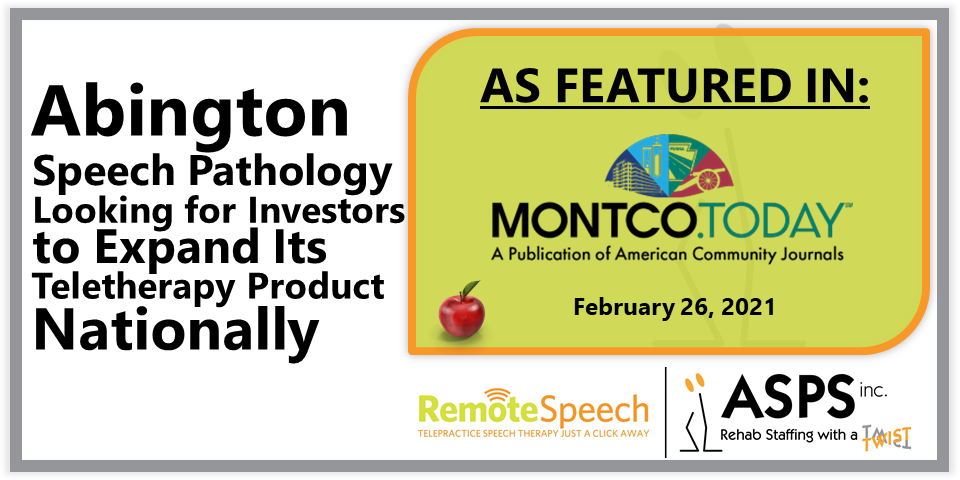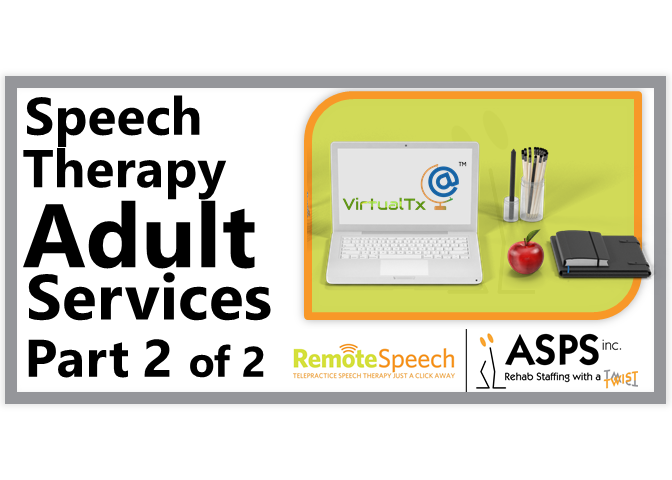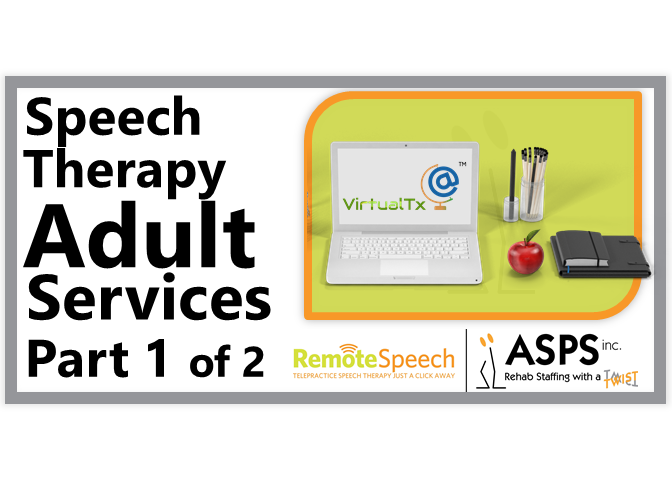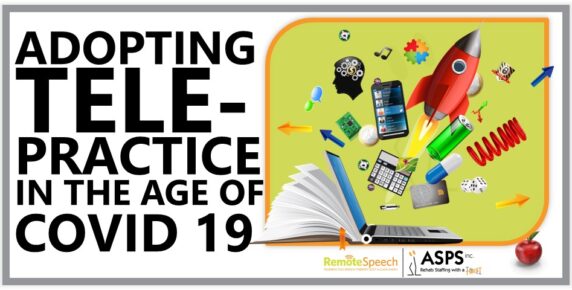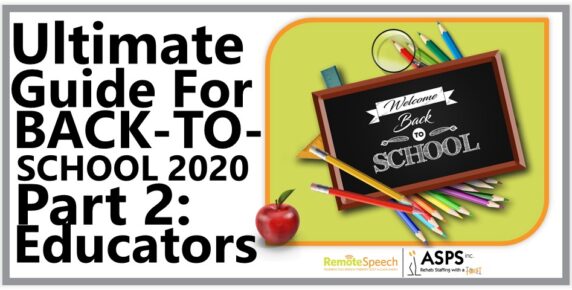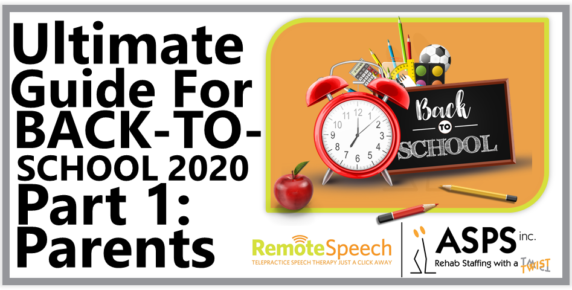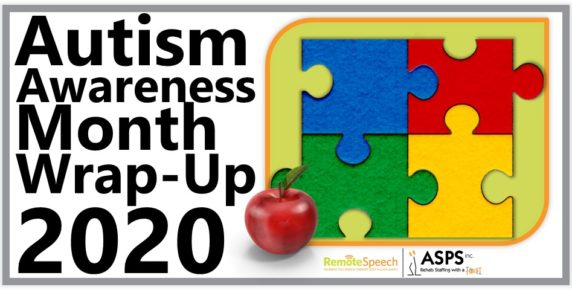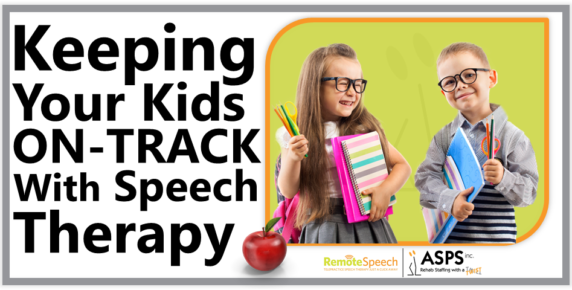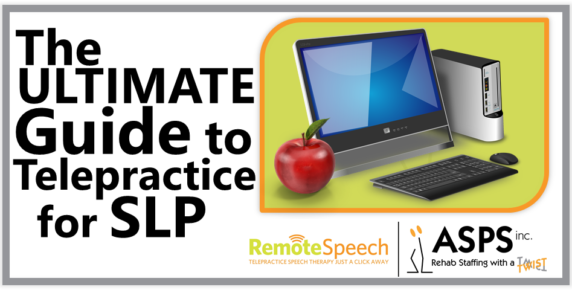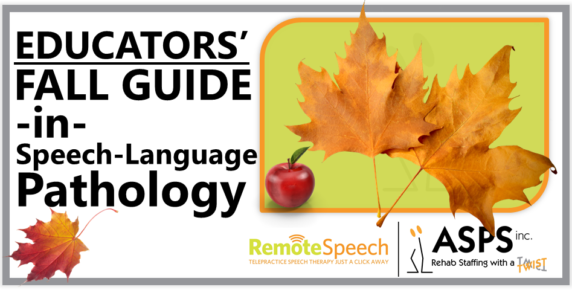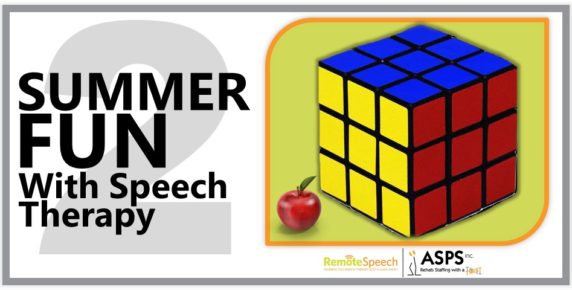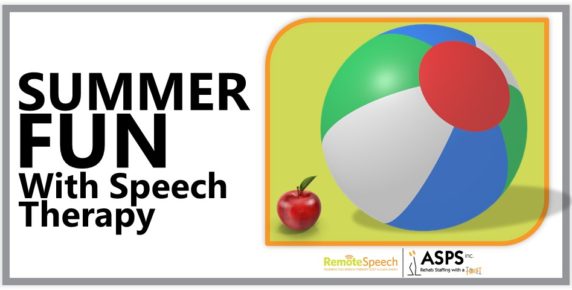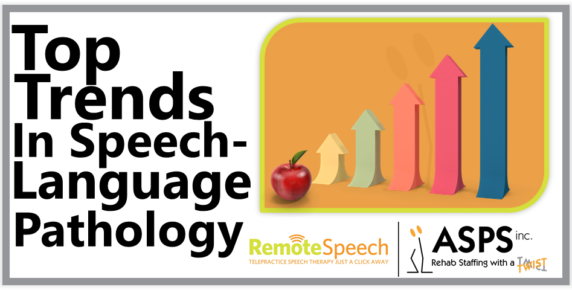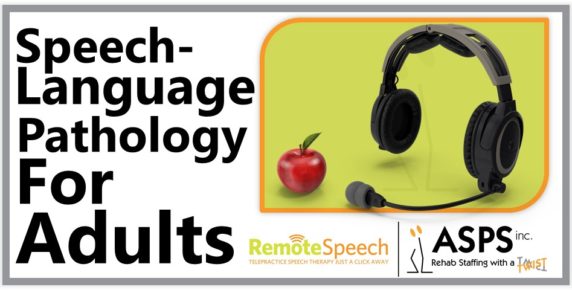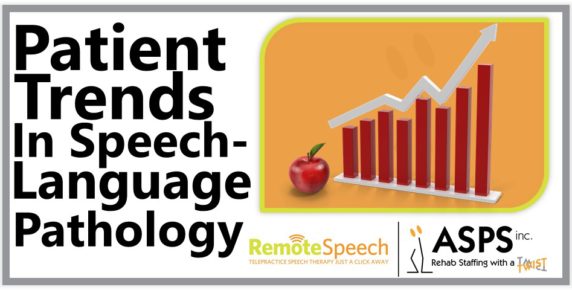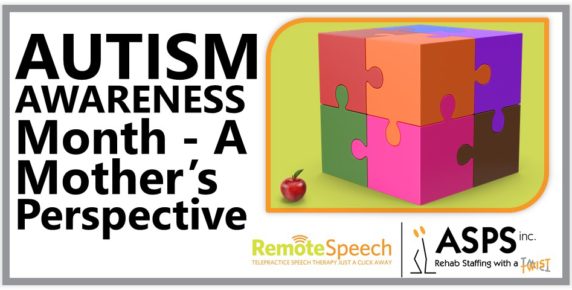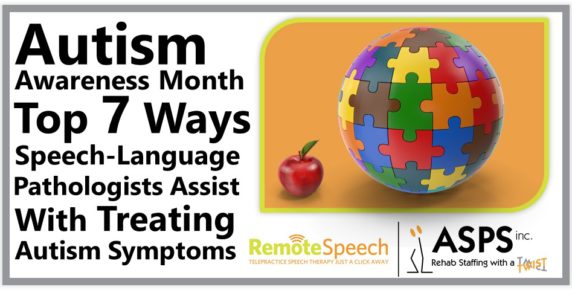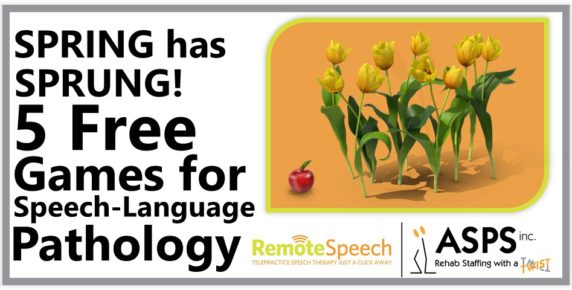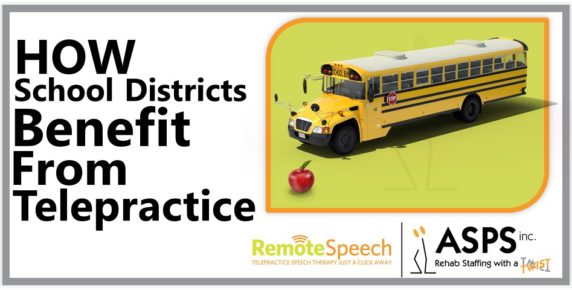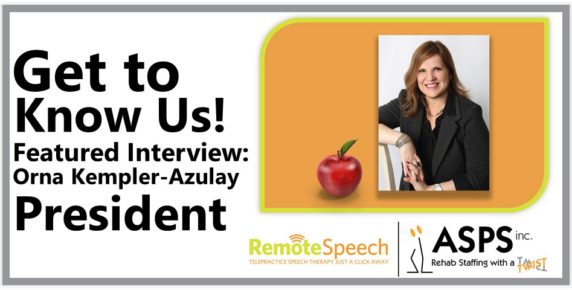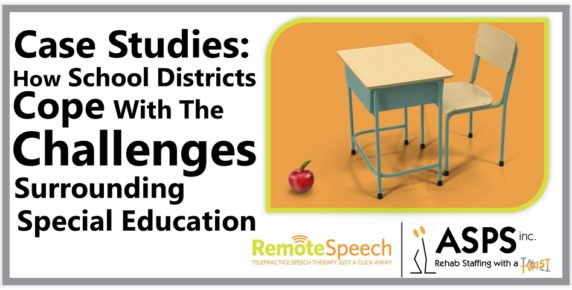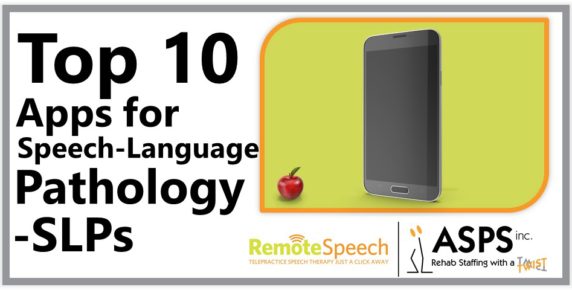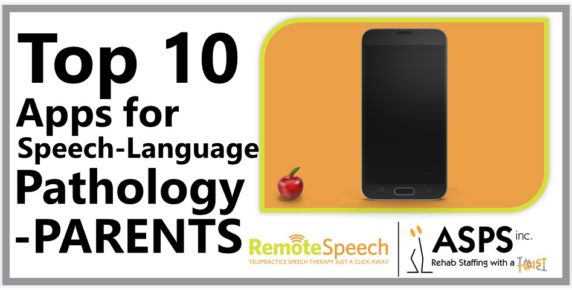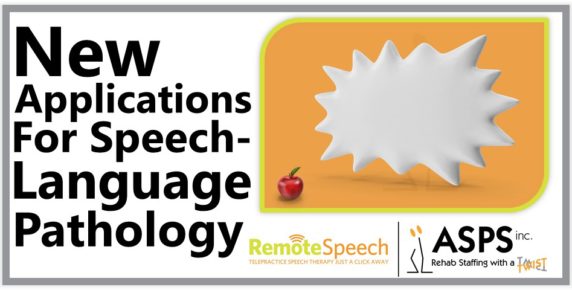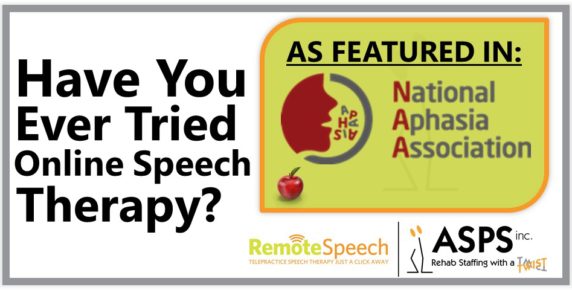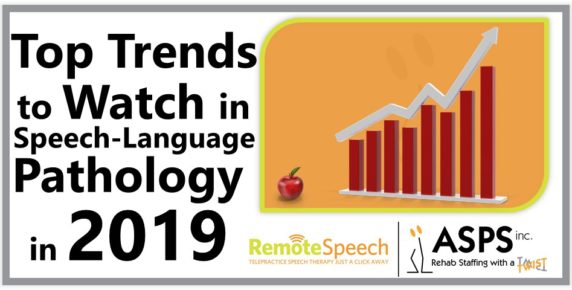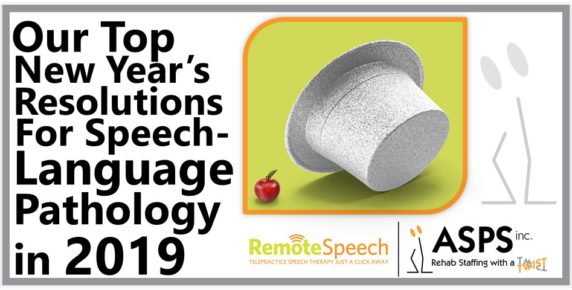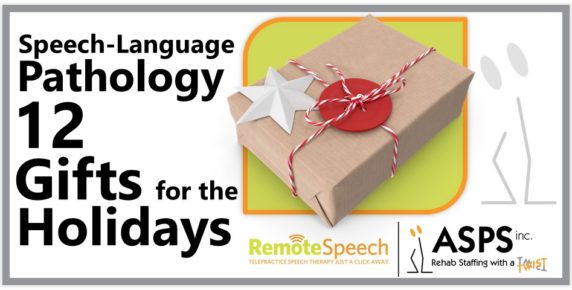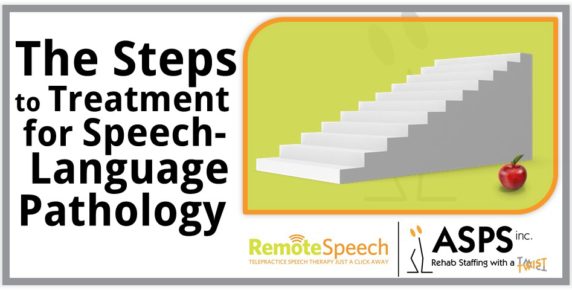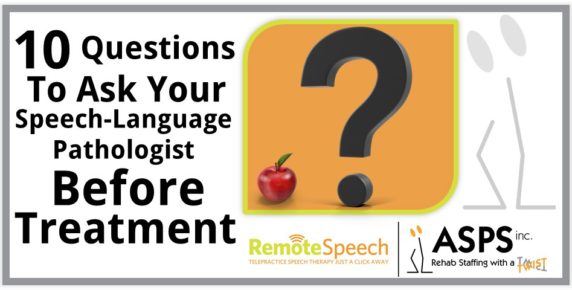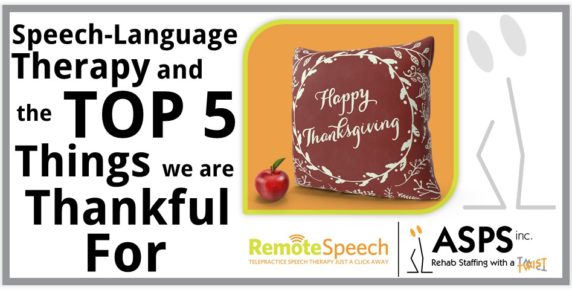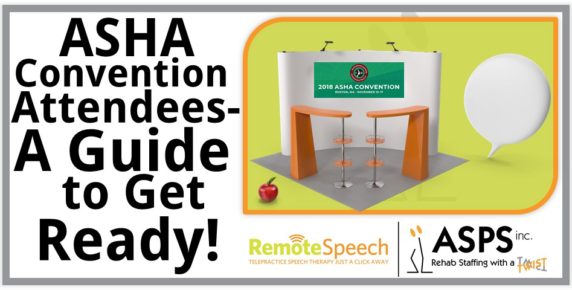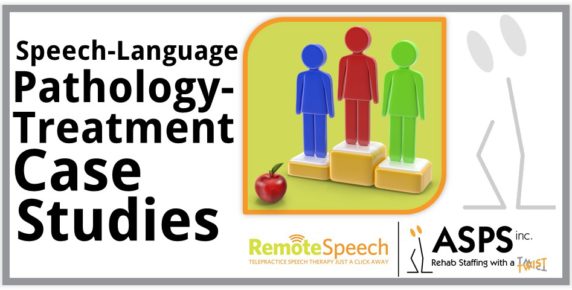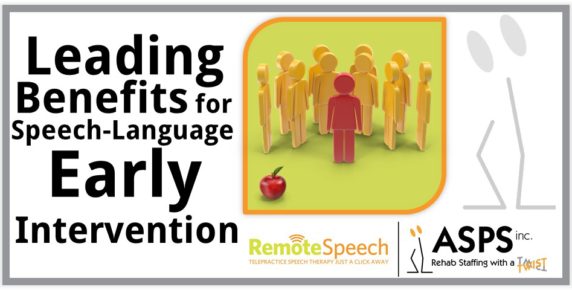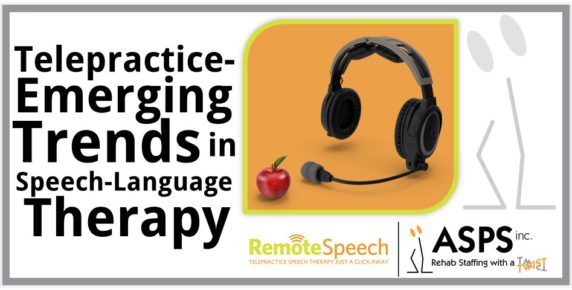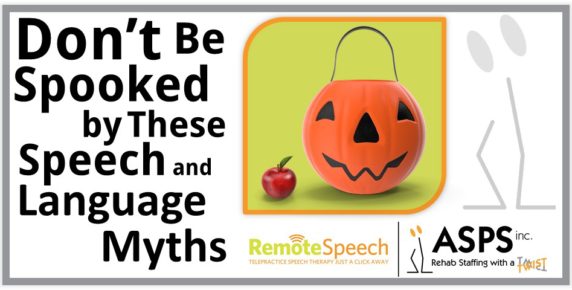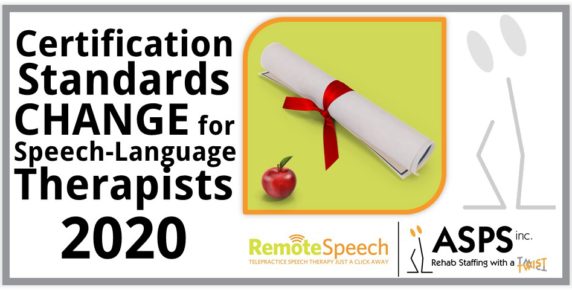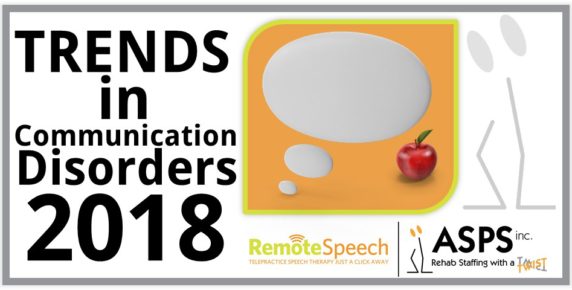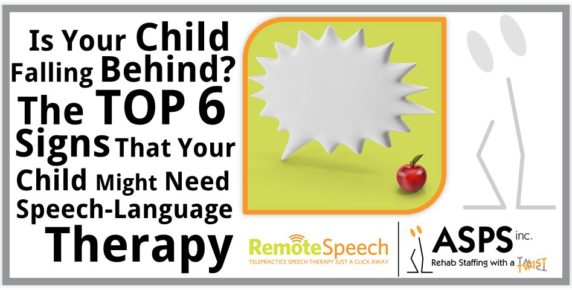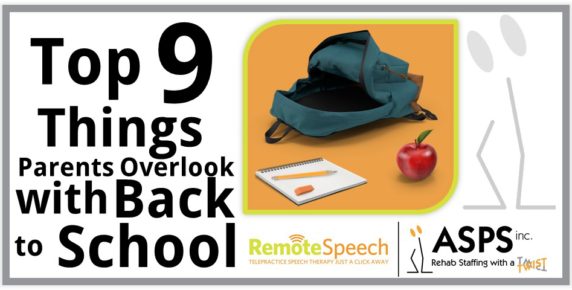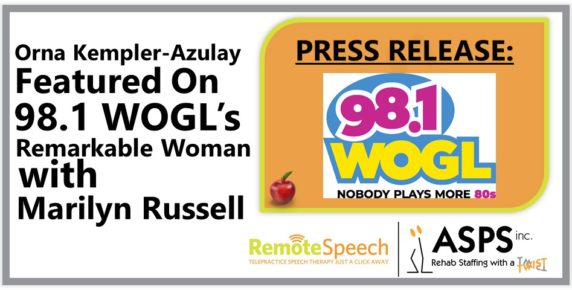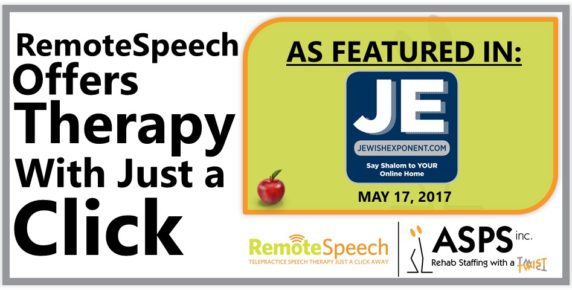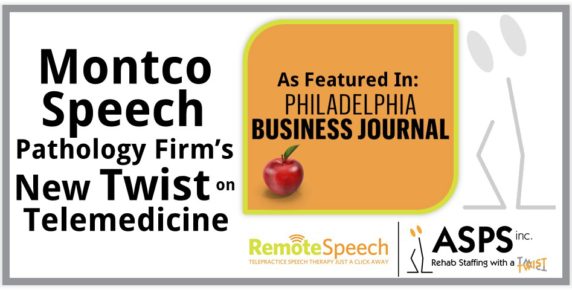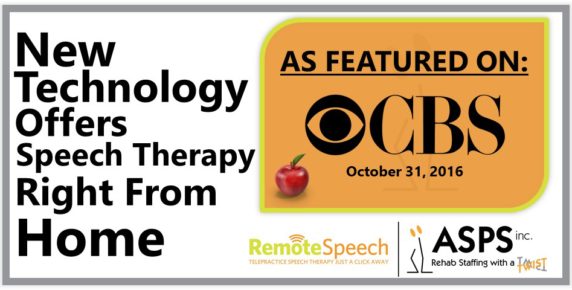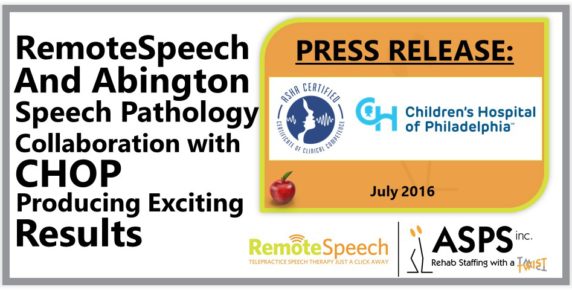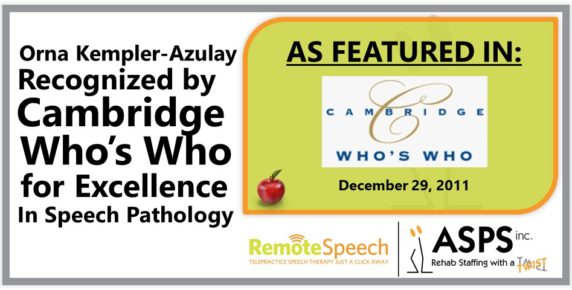At Abington Speech Pathology and RemoteSpeech.com, Fall is one of our favorite times of the year! And, in our interactions with parents of children and loved ones in need of our services, we know we are not alone! Pumpkins, changing leaves, warm beverages and beyond are among the many hallmarks for the season.
For parents and family members who seek our services for their loved ones, the Fall season kicks off with various demands- from getting our kids back to school and settled in for the new school year, to developing treatment plans, to dealing with the influx of “demand.”
While the season brings rewards, it is also accompanied by challenges that cause us to be short on time and overlook resources beyond our immediate needs. It is for this reason that we have developed this handy guide with resources for Parents to stay on-track this season. After all, in serving others, we must always ensure that we are prepared an in the best place to do just that!
1. ADVOCACY
Parents of children that require assistance with speech-language development wear many “hats” and assume many roles. Among the leading role is ADVOCACY. Every parent has an intimate understanding of what it means to serve as an advocate for their child. The process of securing treatment for your child can be overwhelming and demanding, both physically and emotionally. To ensure that you are effective in your advocacy, it is important to identify systems for support. Here, we have identified two outlets that can serve as your leading ally, long-term.
TREATMENT PROVIDERS – A LEADING ALLY
Once you have identified a Speech-Language Pathologist for treatment, recognize that the treatment provider is a “fellow” advocate. At Abington Speech Pathology and RemoteSpeech.com, our primary role is to identify the best strategy to address the unique, personal needs of your child and loved ones, and provide resources for support. These resources extend far beyond progress reports from therapy, to include:
- Helping parents understand the path to securing treatment
- Keeping Parents informed about the latest patient trends
- Providing information for parents to understand an industry that can at times, be difficult to navigate
- Providing tools for Parents to help advance their child’s progress outside of therapy
- Acting as an Ally with challenges faced through public education
- Identifying the latest advances in technology to build upon treatment plans
- Providing testimonies for emotional support just to ensure that Parents know that they are not alone
If you are not under our care, please visit our blog regularly, for FREE RESOURCES relevant to you and your individual circumstance.
PARENT ADVISORY COMMITTEES
There is strength are in numbers.
Most School Districts, nationwide, have a Parent Advisory Committee (PAC). Contact your school to inquire of such program. These groups are typically composed of other parents of special needs children and special education teachers.
Why it matters:
A PAC can guide you through the IEP process and help you understand your child’s rights under the Individuals with Disabilities Education Act (IDEA).
How to engage:
When you attend a PAC meeting, be prepared. Create a list of your questions, concerns, and suggestions for improvement. At the meeting, identify others that might share common perspectives to create relationships to unite under common priorities. For example, a common priority might be that the school only has one speech-language pathologist (SLP) who has a very large caseload. A common solution/proposal might be to hire another SLP to extended much-needed resources.
As a group, approach the school district representatives to negotiate for these improvements.
2. KNOW YOUR RIGHTS
It is imperative for parents to be equipped with everything that they need to know, to stay empowered in their child’s treatment.
Children may be eligible for treatment in schools by a speech-language pathologist. Here’s what parents should know, according to the American Speech-Language-Hearing Association (ASHA):
How Speech-Language Pathologists in Schools Help
Speech-language pathologists provide a variety of direct and indirect services, depending on the child’s unique needs. They may work with children alone or in a group setting, inside or outside the classroom. Although most people know that speech-language pathologists work with children on speaking clearly and saying sounds correctly, these clinical professionals also work with children on listening, speaking, reading, writing, social communication, cognitive issues, and feeding and swallowing. Learn more.
Children Have a Right to Services
All children have a legal right to a free and appropriate education, as designated under the Individuals with Disabilities Education Improvement Act (IDEA). Speech and language impairments are common in school-aged children, accounting for 20% of the disabilities in children ages 3 to 17 served under IDEA. This is the second most prevalent IDEA disability category, behind specific learning disability.
How to Get Started
Parents who have concerns should talk to their child’s teacher or contact the school’s office. If needed, the school will coordinate an evaluation, which may include formal and informal testing, review of work samples, observations, and parent and teacher report. Communication skills are assessed by a speech-language pathologist; hearing concerns are addressed by an audiologist. Additional experts who may conduct an assessment include specialized instructional support personnel such as occupational and physical therapists, school social workers, and school psychologists. The school staff and the family consider how well a child can take part in and make progress in school activities, both inside and outside the classroom.
How Children Qualify for Services
Once assessments are completed, evaluators provide reports to a team that includes the child’s parents and people from the school or district. This team decides if the child qualifies for services by answering three questions:
- Does the child have a disability?
- If so, does the disability affect the child’s ability to take part in and make progress in school activities?
- Does the child need special education services in order to take part in and make progress in these activities?
If a child does not qualify, parents can take these steps.
How Services Are Provided
A team is formed and creates a plan to help a child who qualifies for services succeed in school. This plan can be an Individualized Education Program (IEP), a 504 plan, or both. For IEPs, the team includes the child’s parents and appropriate school staff, such as the child’s teacher, speech-language pathologist, special education teacher, and the child, depending on age. The IEP contains goals to address a child’s unique needs, can be measured, and can be met within 1 school year. An IEP can evolve as a child progresses. 504 plans provide access to education for children with any disability that interferes with learning in a general education classroom and may be developed and implemented when a child does not qualify for special education services for the issue at hand. For more information on the distinction between IEPs and 504 plans, refer to this chart.
Why Children Are Treated in Schools
Communication problems can affect a child’s ability to learn and succeed in school. A child may have trouble understanding teachers, following directions, or remembering what was taught in class. They may have difficulty answering questions, organizing their thoughts for written responses, or even understanding and recalling the individual sounds that make up words in order to learn to read. Communication difficulties may also affect a child’s ability to make friends, socialize, and get along with others or work together on projects. All of this can affect their academic achievement.
Learn more about school-aged children’s communication development. Search a database of certified speech-language pathologists.
About the American Speech-Language-Hearing Association (ASHA)
ASHA is the national professional, scientific, and credentialing association for 198,000 members and affiliates who are audiologists; speech-language pathologists; speech, language, and hearing scientists; audiology and speech-language pathology support personnel; and students. Audiologists specialize in preventing and assessing hearing and balance disorders as well as providing audiologic treatment, including hearing aids. Speech-language pathologists identify, assess, and treat speech and language problems, including swallowing disorders.
3. STAY SOCIAL
Support for Parents and loved ones can be found in multiple forms. Anther category for support includes online groups, blogs, newsletters, and beyond to gain perspective, pose questions, and gain assurance.
With this in mind, we found a great example of this sentiment illustrated in the “Back-to-School Speech Therapalooza.” The event featured a collaborative Video hosted by representatives from the leading online resources, passing along Free Therapy Ideas and Resources.
A summary of this event, including presenters with links to leading “hot” topics, include:
Carrie Clark of Speech and Language Kids
- How to Declutter and Organize your Speech Therapy Space
- Productivity (Computer) Tools for Speech Therapists
- Free Speech Therapy Games and Materials
- Become a Member of The Speech Therapy Solution Membership Site for Speech Therapists
Jenn Alcorn of Crazy Speech World
Jenna Rayburn of The Speech Room News
- Data Sheet
- Communication Log
- Attendance Sheet
- Learning Targets
- Road Map
- Get to Know You Worksheets
- Preschool SLP Eval Forms
Lauren LaCour of Busy Bee Speech
Luke Barber of Home Speech Home
- 70 Speech Therapy Word Lists
- Free Speech and Language Screeners
- Speech Therapy Test Descriptions
- Google Drive Student Doc (Save a copy of this document, don’t edit directly into Google Docs)
- Articulation Tracking Form
- Bell Curve Chart
- Phonological Process Chart
- Speech Development Chart
- Printable Flashcards for Therapy Practice
- Speech Therapy Apps (Word Vault Pro)
_______________________________________________________________________________________________
If you believe that you or your child would benefit from a formal screening from licensed, Speech-Language Pathologist, click here to schedule a complimentary assessment by one of our licensed partners.

